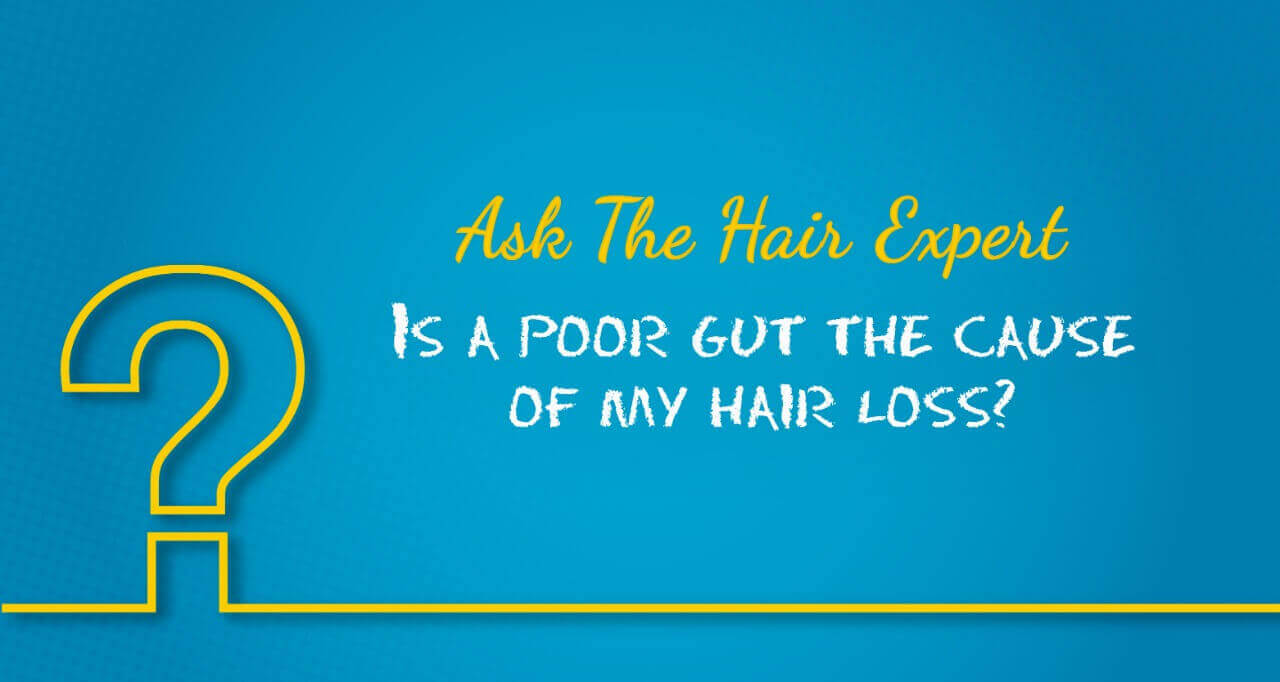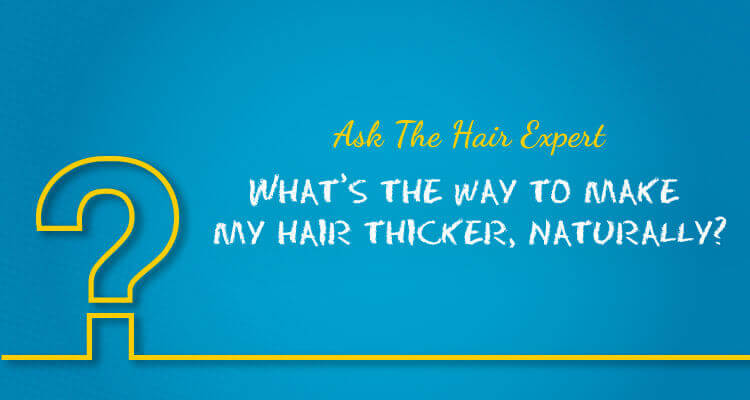If you are a teenager facing hair fall or struggling with hair growth, or a parent of one, looking for some solutions, you are on the perfect page!
Hair fall at any age is an unfortunate situation to deal with, and if it occurs at an early age which is unusual, it can get quite intimidating. Certain amount of hair fall is generally accepted with age, though there is no such thumb rule – more of a mind set really! But when children, teenagers or young adults experience it, it can get additionally emotionally overwhelming.
We all know that when our hair is looking good and healthy, we not only feel more confident but also feel rest assured that all is well with our health as wellAll of us want to know the secret to having shiny healthy hair, don’t we? And as a teenager, you want to look like that model on the Insta post, flaunting luscious hair, styled to perfection! Having hair that is as glamorous is not so hard. Don’t believe it? Read on.
First let us help you understand what could be the reason(s) for the hair fall you are facing. We will then help you understand how to control it and how to maintain it well to ensure life long healthy hair. Remember, that it is not about having awesome hair for that one selfie, but for all your life! Whatever your skin colour, whatever your gender and however old you are, you know that your hair is your crowning glory. And we are here to ensure its stays exactly that, always!
Here’s how we will go about it.
- A. Understand the signs that tell you there is a problem on hand
- B. Understand the cause of the hair problem
- C. Take corrective action to arrest the issue
- D. Maintain hair the right way
Typical signs of hair loss in a teenager
Spotting the signs is always the key to reversing the adverse phenomenon, and quickly at that. The sooner you take action – the more chances of taking control of the problem. Here are some typical tell-tale signs to watch out for,
- 1. Receding hairline (in males) – As you age, the hairline does go through changes. Two common types are maturing hairline (normal) and receding hairline (the one that indicates a problem!). A receding hairline needs attention.How do you spot the difference? – If the hairline is plunging inside deeper at the temples, this is a sign of receding hairline.
- 2. Hair thinning (in females) – Thinning (hair strands becoming thinner in diameter) cannot be spotted that easily in the early stages. But as time progresses, you will start noticing a wider gap at your hair partition and scalp becomes visible at the crown.
- 3. Shower hair & pillow hair – It’s a sure shot sign when you start seeing much shower hair and hair strands on your pillow every morning! This happens to essentially everyone to some extent, but you always know when it’s in excess of ‘your normal’.
- 4. Flaky itchy scalp – Not everyone who is facing a severe hair problem/ hair fall would have this kind of a scalp, but it is a common feature alongside it.
- 5. New hair that is wispy/very thin – Hair grows after the shedding, but when the new hair that grows is very thin, wispy and easily breakable, it is a sign to watch out for.
What are the causes of hair fall in teens?
Hair fall in your teens may be caused by various factors – both internal and external. Further, without knowing it, you may be putting your hair through stress and perhaps not quite caring right for it. This can lead to hair fall. It gets complicated further when you experiment with a multitude of products and self-medications in a bid to control it. While in most cases the cause for hair problems is genetic, emotional and health concerns can cause serious hair concerns as well. Let’s understand this better.
1. Unhealthy diet
If you’re in your teens and having hair problems, you need to look closely at your overall lifestyle and how it’s affecting your hair. The first thing that Trichologists invest time in is to understand the diet. The most common reason for hair fall or any hair concern at a young age is a diet that is not nutritionally sufficient.
There are various ‘lose weight fast’ diets that are a fad to follow these days. And those who are not on a diet, seem to prefer fast food over healthy home cooked options. Poor nutrition affects the hair growth cycle adversely. Some of the most common deficiencies noticed in the age group of 10 to 20 years of age, are iron, vitamin D, vitamin B12, and magnesium deficiencies. These deficiencies have a direct impact on overall health, and trigger concerns including hair loss.
2. Stress
Have you ever noticed that you see more than usual hair fall a couple of months after your final or competitive exam? This is because stress has a direct impact on your hair. And it is usually noticeable after a month or so! During a stressful phase, your hair stops growing and they fall out. (Do read up on our earlier blogs on hair growth cycle to understand this process.) Such a situation is termed “telogen effluvium“. Many also end up with a condition referred to as Trichotillomania – a condition where you pull at your hair without realising it, thanks to stress. Premature greying is another concern that affects some.
You normally recover from it when your body recovers from the stress. The best remedy here would be to take it easy, or you may have one more reason to stress your hair with!
3. Hormonal changes
Your body is going through constant hormonal changes as you grow into a teenager and proceed towards adulthood. The teen years is when the hormones naturally surge and this is hence the phase when possible hormone-related conditions surface as well. It could be PCOS, thyroid, androgen imbalance in males and so on. Hormonal changes also leads to fluctuating emotions, diet habits and hair growth cycle. The hormone that dictates hair growth/fall, dihydrotestosterone or DHT, when not balanced, quite literally shrinks the hair follicles causing hair to fall out.
4. Medications & self-prescribed remedies
More often than not, when it comes to hair, unfortunately, everyone believes that they are the hair experts. From the aunty next door to the salon stylist. Home remedies, ‘magical’ hair oils online, spa treatments (glorified massages!) and self medications, when tried out as a solution, without understanding the actual root cause of a hair concern, can push the situation further down south! And most do not understand the gravity of this.
The other predominant reason is hair fall as a side effect to medications for conditions such as diabetes, thyroid, PMDD, PCOS and other such affecting a teenager. Some of the drugs have an adverse effect on the hair protein – keratin. It thus is very crucial to address the concern with a professional, a hair doctor, who will take into consideration the medical history and guide you right.
5. Over styling
Teenagers are perhaps the most prone to follow the vagaries of fashion. Colouring, perming, straightening, fancy hair treatments – you name it and everyone has had a try at it. Styling hair with tight braids, pony tails and other such hairstyles that pull hair back weakens the roots. Heat from blow dryers, straighteners, hot curlers & such other equipments, gels & sprays used for setting – all have a negative impact on the hair shaft and follicle. Such practices often lead to Traction Alopecia in young adults.
6. Infections
Infections on the scalp, such as ringworm or fungal infections cause hair loss and are quite common in teenagers. Such infections spread easily by sharing of combs, hats, brushes and clothing – a common habit amongst teeangers. Usual signs of infection are itchy, scaly scalp and when serious, inflammation. They are completely curable if treated medically.
All these concerns mentioned above are all mostly reversible and curable. Timely professional intervention is the key.
There are few other hair problems that can crop up, a tad more serious than others; Alopecia areata, which occurs when the body’s immune system attacks the hair follicles and hair starts to disappear in patches; Anagen Effluvium that is mostly caused by illnesses and certain drugs used for treatments. It leads to actively growing hair falling out.
The positive thing in this all is that in teenagers, almost all concerns are temporary and treatable. A good hair care routine blended with the right diet can pretty much guarantee healthy hair. And when a concern pops up, seeking professional help in a timely manner can completely sort it out.
Here are some basic tips that can help you keep hair concerns at bay.
- You must eat a well-balanced diet. It must include Hair foods. And do avoid junk food and having untimely meals/snacks.
You need vitamins, proteins and minerals to improve keratin production in your hair. To grow your hair faster and stronger, the key lies in the diet. A nutritive diet including Hair Foods like greens, nuts, milk products, ample fruits helps to push the hair in the growth phase and give good nutrition to hair. Further, drinking 2-3 litres of water a day will provide the most important minerals for hair strength. - Hormonal problems need to be treated under the guidance of your physician/gynae, and related hair concerns should be discussed with your Trichologist.
- Hair irons & other such styling equipment must not be used on a frequent basis. There are various other ways to make curls or straighten your hair! Go the natural way and you will always be safe!
- You should not avoid oiling since it keeps your hair in a healthy state. Strengthening of hair does not need fancy care but a simple regimen of oiling on alternate nights and shampooing, using a mild product with natural ingredients. This will improve the scalp health and in turn, improve overall hair health.
- Always do a final rinse with a cold-water spray to naturally smoothen the hair cuticles and make your hair shiny.
- Coconut oil, honey, lemon are some ingredients that need to come into your DIY masks since they provide natural protection.
- You should avoid combing wet hair, since it can increase breakage and lead to hair fall.
- Your hair care routine should take seasons into consideration. Hair needs specific care during each season! Be it summer, winter or monsoon!
For more hair care tips, advice on natural ways to healthy hair and DIY tricks to tackle issues such as split ends, and other such common concerns, do follow our Hair Care blogs.
At the end of the day, if you feel that there is a serious concern on hand, especially in light of what we have discussed today, you might want to consult a Trichologist, who will scientifically identify what is wrong, diagnose and treat it right. There are also advanced tests that study your overall health condition using your hair’s health as an indicator. So don’t hesitate or wait long. The sooner it is addressed, the easier to tackle it.
A Hair check-up with a Trichologist or a Hair Doctor once every 6 months can help you ensure healthy hair always and to catch any possible signs of trouble on the horizon! Hair Doctors study your hair & scalp condition, understand your lifestyle, diet habits and also your medical history, and provide you the right guidance to stay clear of hair worries.
Being a teenager is perhaps the best phase of your life. It is important to stay cheerful and stress-free; enjoy the youth and the adulting process too! Hair worries should be the least of your concerns! And we are here to help you with that!
Follow us on social media & keep yourselves updated with our blogs and informational articles on Hair care, Hair loss, Hair trivia and more.



